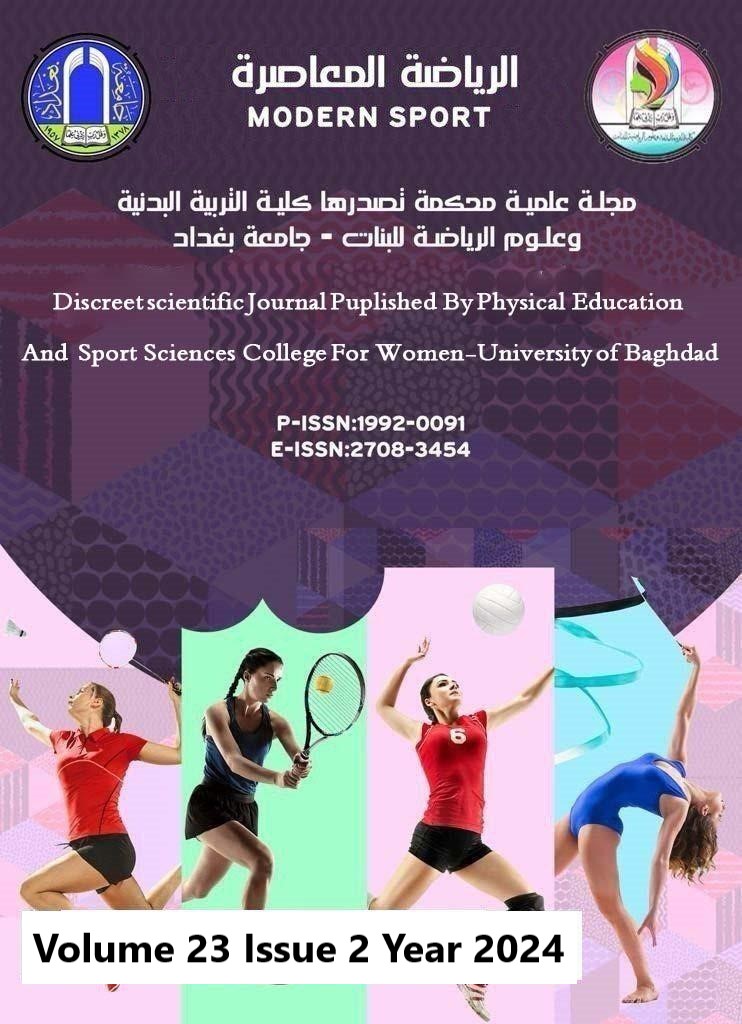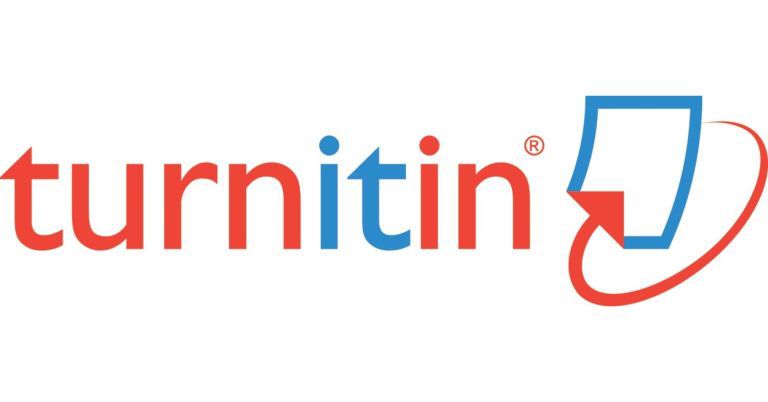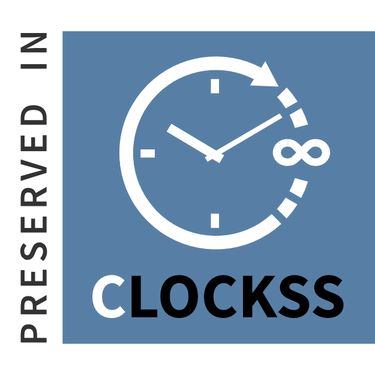The Effect of Rehabilitation Exercises Accompanied by Ultrasound Waves on Improving the Range of Motion in Swimmers Suffering from Shoulder Impingement Syndrome
DOI:
https://doi.org/10.54702/6kaey519Keywords:
Rehabilitative exercises, Ultrasound, Range of motion, Shoulder impingement syndrome injuryAbstract
The research aims to develop rehabilitative exercises using ultrasound for swimmers suffering from shoulder impingement syndrome, and to explore the effects of these rehabilitative exercises on improving the range of motion in swimmers afflicted with this syndrome. The researchers hypothesize that there are statistically significant differences between the pre-test and post-test results of the rehabilitation of swimmers with shoulder impingement syndrome in favor of the post-test results for the experimental group. The experimental method relied on a sample of swimmers suffering from shoulder impingement syndrome, totaling seven individuals, representing 77.78% of their population, which consisted of male swimmers with Type I shoulder impingement syndrome from various local clubs in Basra, Iraq, for the sports season of 2022/2023. These individuals frequented the physical therapy department at Basra General Teaching Hospital. After diagnosis and the determination of tests, exercises were prepared incorporating the technology under study in each of the rehabilitative therapy sessions. There was a total of 18 sessions, with three sessions per week, each session including four rehabilitative exercises. This experimental regimen lasted for six consecutive weeks. After the completion of the rehabilitation program, the results were processed using SPSS software, version 28. The key conclusions and recommendations indicated that integrating rehabilitative exercises with the use of ultrasound is appropriate for therapeutic sessions for swimmers with shoulder impingement syndrome. The application of such exercises has a positive effect on restoring the range of motion in various directions of the shoulder joint for swimmers suffering from shoulder impingement syndrome. It is essential for hospitals to focus on developing the expertise of their therapists on how to implement rehabilitative exercises using ultrasound, based on the findings of this research, to effectively rehabilitate swimmers with shoulder impingement syndrome. The rehabilitation tools and methods should be tailored to the specific needs of swimmers with shoulder impingement syndrome and should be readily available in hospitals. Their use is essential when rehabilitating affected individuals. It is also crucial to leverage the expertise of academics specialized in sports rehabilitation when training hospital therapists, especially in light of the recent use of ultrasound technology. This requires ongoing collaboration between the Ministry of Health and Environment and colleges of physical education and sports sciences.
References
Musa, Abdul Salam and Ahmed, Nawaf (2020). Concepts and Terminology in Educational Sciences, 3rd Edition: Amman, Dar Al-Masirah for Publishing and Distribution.
Al-Madamegha, Mohammad Ridha Ibraheem. (2008). The Field Application of Theories and Methods of Sports Training, Iraq, Baghdad, Al-Fadhli Library, pp. 218-219
Shafie, Yasser Saeed. (1993). Rehabilitation of the Knee Joint After Surgical Repair of Anterior Cruciate Ligament Injury, unpublished doctoral dissertation, Faculty of Physical Education for Boys, Helwan University.
Alaa Wissam, & Abd Hussain, S. (2022). Effect of constant stretching exercises in improving the elasticity of cervical vertebrae for patients with cervical spondylitis’s for ages (40-50) years. Modern Sport, 21(1), 0075.
https://doi.org/10.54702/msj.2022.21.1.0075
Luay Sami & Ali Abdul Kadhim (2019). Effect of rehabilitation exercises in low back flexibility and muscle strength working for men by age (40-45) years. Journal of Physical Education, 31(1), 105-120. https://doi.org/10.37359/JOPE.V31(1)2019.818
Abdul Hassan, A. D. (2017). The Effect of Rehabilitation Exercises and Laser Therapy Technology on the strength and flexibility of the spinal muscles of women with disc, Modern Sport, 16(3), 15.
https://jcopew.uobaghdad.edu.iq/index.php/sport/article/view/38/34
Atwan, D.A. (2018). The effect of static stretching exercises in improving the strength of the muscles working on the cervical vertebrae for patients with osteoarthritis aged 40-50 years. Modern Sport, 17(1).
https://jcopew.uobaghdad.edu.iq/index.php/sport/article/view/7
Hall, S. J. (2014). Biomechanics basics. Translated by (Hassan Hadi and others). I1. Baghdad. Sports Library for Publishing and Distribution.
Abdul-wahab, S., Abdul-Munim, D., Mubarak, H. A. F. (2019). The Effect of Using Rehabilitative Exercises to Increase the Flexibility of Wrist Joint for Junior Boxing Players. Modern Sport, 18(1).
https://jcopew.uobaghdad.edu.iq/index.php/sport/article/view/1054
Padulo, Johnny, et al. (2016). Effects of neuromuscular training on the reaction time and electromechanical delay of the peroneus longus muscle. Journal of Strength and Conditioning Research 30.12: 3464-3471.
Warda Ali, & Rana Qais. (2020). Effect of therapeutic methods and exercises for the rehabilitation of low lumbar herniated disc in the infected (30-40) years. Modern Sport, 19(2), 0001. https://doi.org/10.54702/msj.2020.19.2.0001
Yamada, Minoru, et al. (2018). Effects of muscle strengthening exercise and dietary guidance on motor function and muscle strength in frail elderly people: a randomized controlled trial. Physical Therapy 98.3, 195-204.
Youssef, Mervat El-Sayed (2011). Sports Medicine Problems, Third Edition, Al-Shanhabi Company for Printing and Publishing, Alexandria.
Ruaa Akram Al-Hijazi, & Abeer Dakhil. (2021). The effect of rehabilitative exercises associated with the technique of Chiropractic in relieving the pain of muscle stretching in the lower back of people with a herniated disc. Modern Sport, 20(2), 0023. https://doi.org/10.54702/msj.2021.20.2.0023
Sabaa Basim Mohammed, Suhad Haseeb Abdul-hameed, & Ibrahim Dabayebeh. (2023). The effect of rehabilitation exercises in improving the muscle strength of those with a partial tear in the posterior thigh muscle for Karbala football club players. Modern Sport, 22(4), 0049–0059. https://doi.org/10.54702/ms.v22i4.1172
Downloads
Published
Issue
Section
License
Copyright (c) 2024 Modern Sport

This work is licensed under a Creative Commons Attribution 4.0 International License.















